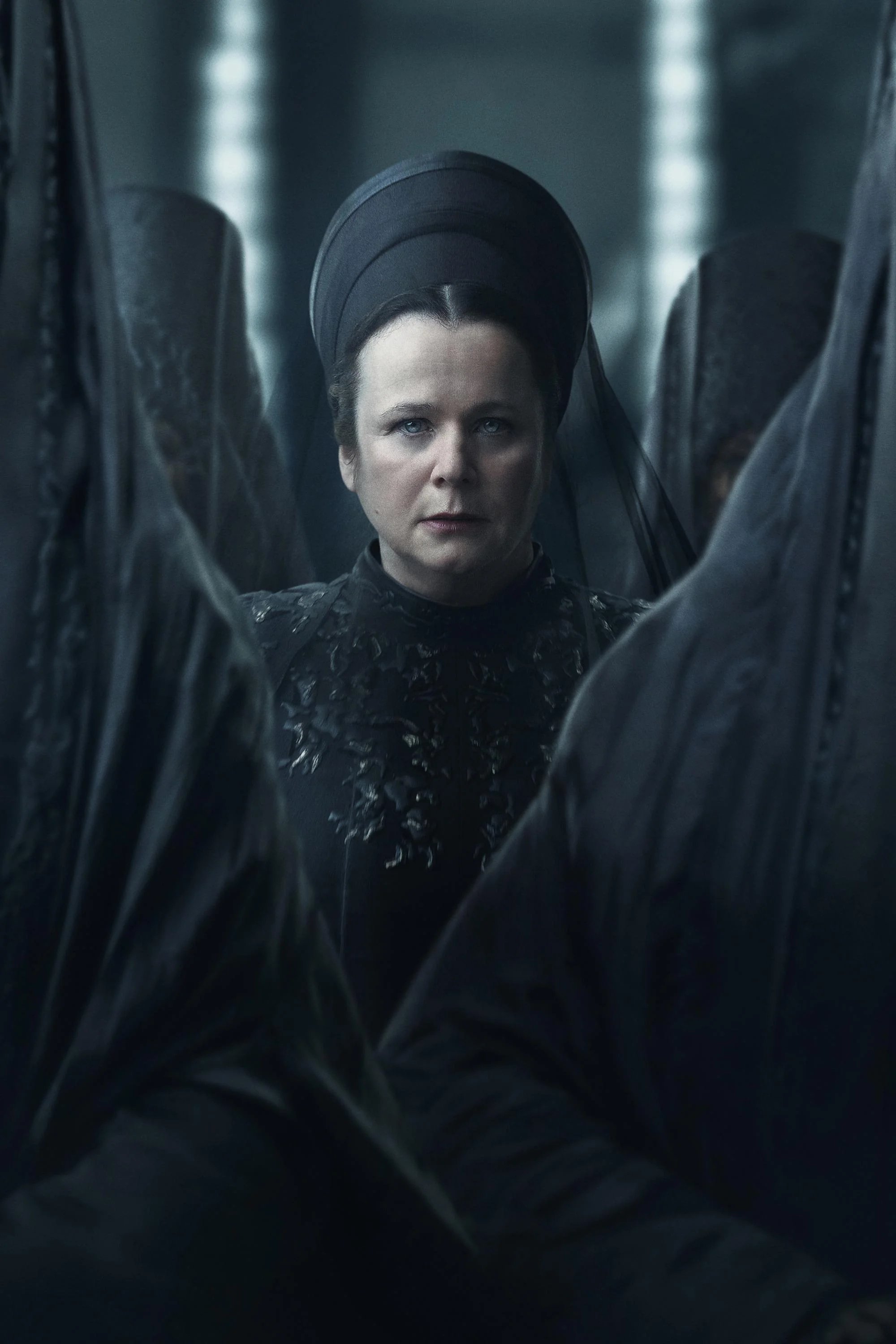Dune: Prophecy (Ep 1 & 2)
HBO’s Dune: Prophecy charges onto the small screen with a mix of epic ambition and eerie unease, inviting viewers to dive into the secretive depths of the Bene Gesserit. It’s clear from the first scenes that this isn’t just another sci-fi adventure - it’s a cerebral, chilling journey into a universe where the line between ally and adversary blurs with every move. With powerhouse performances by Emily Watson, Olivia Williams, and Mark Strong, the show boldly attempts to carve its own niche while staying tethered to the familiar themes of Herbert’s universe.
Dark Secrets and Unsettling Themes
Episodes one and two pull no punches, laying bare the Sisterhood’s most sinister traditions. The series isn’t shy about its horror-laced storytelling, from the haunting rituals that unlock genetic memories to the psychological strain that comes with holding generations of knowledge within. These chilling moments, punctuated by Watson’s steely portrayal of the Mother Superior and Barden’s portrayal of young Valya Harkonnen, are among the series' most gripping.
The show delves into the shadowy corridors of palace intrigue and political manipulation with a distinctly sci-fi twist. It is in these moments where Travis Frimell shines as Desmond Hart, a rogue soldier, injecting intense, unpredictable energy into the series. In particular his powerful delivery of lines like, "Your greatest fear is not that they won’t hear you. It’s that they will hear and not care," adds depth to the show’s tension & sets the stage for more compelling developments.
For those who savour horror-tinged, mind-bending drama, these episodes strike a deeply resonant chord.
Familiar Yet Freshly Packaged Intrigue
While Dune: Prophecy excels in exploring the grim complexities of power, it doesn’t avoid slipping into well-trodden paths. The show’s palace intrigue, especially involving Emperor Javicco Corrino (Mark Strong) and his daughter Princess Ynez (Sarah-Sofie Boussnina), treads ground HBO viewers might find all too familiar. While the underlying political plays are engrossing, they often evoke comparisons to other series’ power struggles, risking a sense of déjà vu.
This brings us to the “small universe” issue, which also looms large. Key developments seem centred around a handful of influential families, echoing the insular storytelling of franchises like Star Wars. This choice, while adding drama, sometimes makes the expansive world of Dune feel inauthentically confined.
Still, the mix of foreboding suspense, dark lore, and stunning performances keeps viewers hooked. The show thrives when it delves into the Sisterhood’s shadowy manipulation and the grotesque yet beautiful moments where power and tradition clash. Each scene of eerie reverence or sudden violence promises that in Dune: Prophecy, nothing is sacred, and no one is safe.
Support Pario Magazine
$2.50 / month
Early Access







